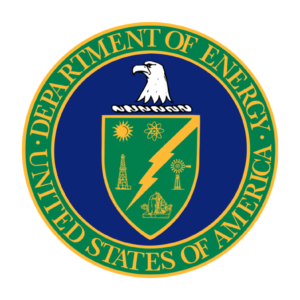-
US DoE funding US$7 billion in various grants towards CCS, and similar funding for hydrogen projects
Date posted:
-
-
-
Post Author
Patrick LaveryCombustion Industry News Editor
-
-

Lawyers Latham and Watkins have summarised a number of active US Department of Energy funding opportunities and programs directed towards the combustion industry:
- The Carbon Capture Demonstration Projects Program, which is a collaboration between the Office of Clean Energy Demonstrations, the Office of Fossil Energy and Carbon Management, and the National Energy Technology Laboratory. It is anticipated that US$190 million will be given to as many as 20 front-end engineering-design studies for CCS for coal or natural gas-fired power plants, or for other industrial facilities. Proposals must offer systems that can sequester carbon dioxide for at least 12 years, or have an off-take agreement.
- A funding opportunity for carbon dioxide transport engineering and design (through the Office of Fossil Energy and Carbon Management) for front-end engineering-design projects focussed on planning for CO2 transport, such as by pipeline, ship, rail or road. There will be an initial concentration on pipelines that link multiple industrial facilities capturing CO2.
- A funding opportunity for carbon storage validation and testing (through the Office of Fossil Energy and Carbon Management and the National Energy Technology Laboratory) for characterising and obtaining permits for and constructing geological storage locations that are capable of storing more than 50 million (metric) tonnes CO2. This carries a total of US$2.25 billion in funding.
- The Carbon Dioxide Transportation Infrastructure Finance and Innovation Program, run by the Loan Program Office and the Office of Fossil Energy and Carbon Management, which will provide up to US$2.1 billion in loans, loan guarantees, grants and administrative expenses for “large-capacity projects that build shared transport infrastructure to move CO2 from the points of capture to facilities that will either store the CO2 or convert it to value-added products.” This scheme is open to public and private organisations.
Meanwhile, the DoE is also to provide US$7 billion for regional clean hydrogen hubs. The money comes with a draft Clean Hydrogen Production Standard, intended as a guide rather than a regulatory standard, with a target of 4 kg CO2-equivalent per kilogram of hydrogen, in line with the clean hydrogen production tax credit of the Inflation Reduction Act.
